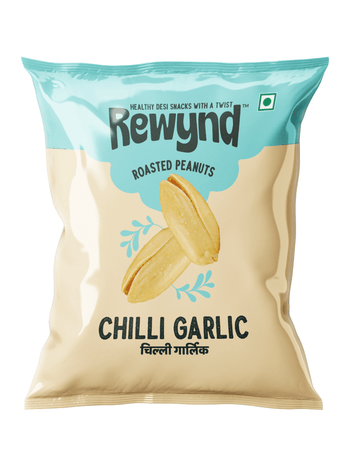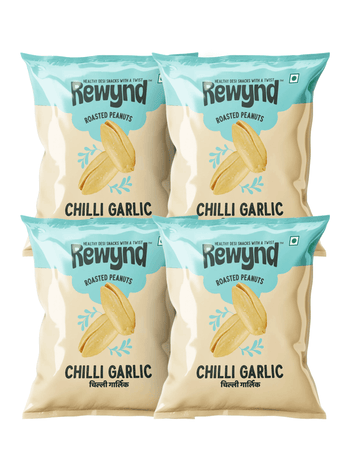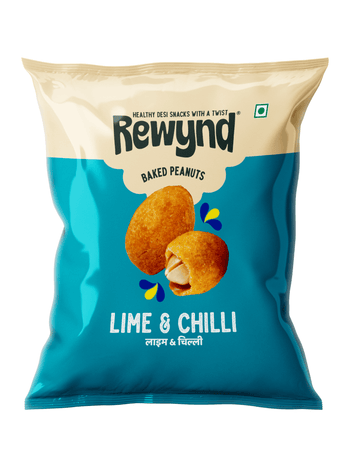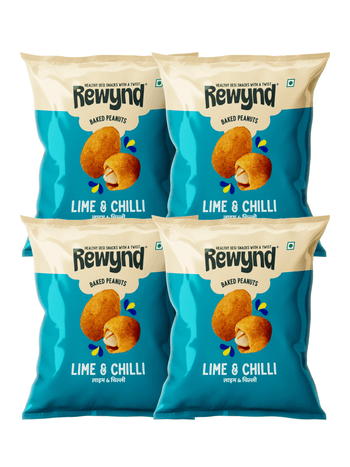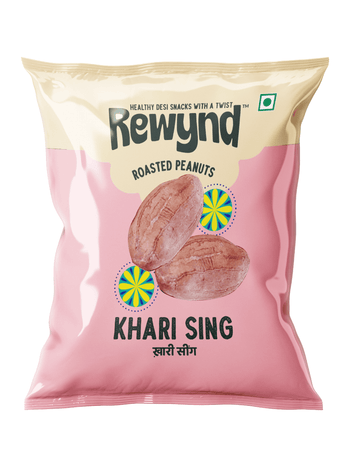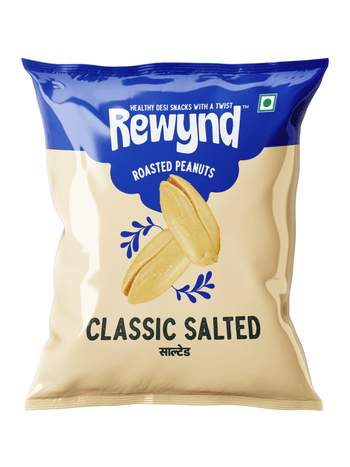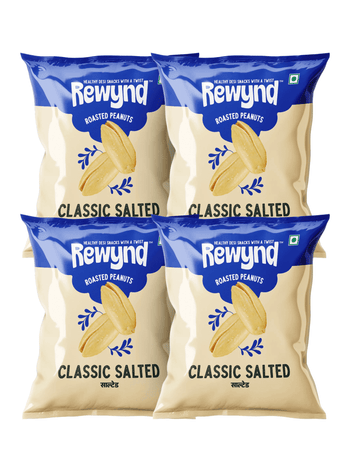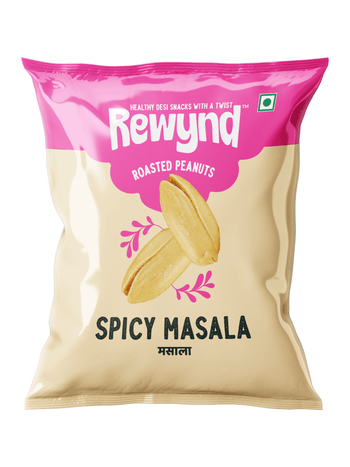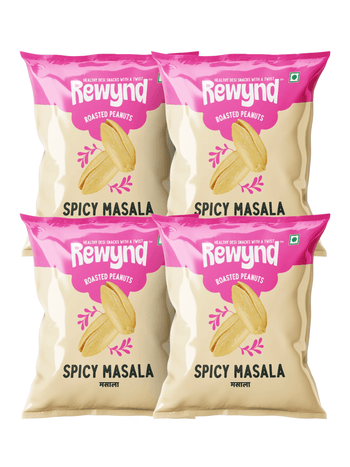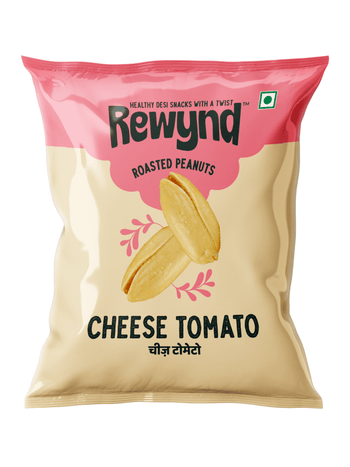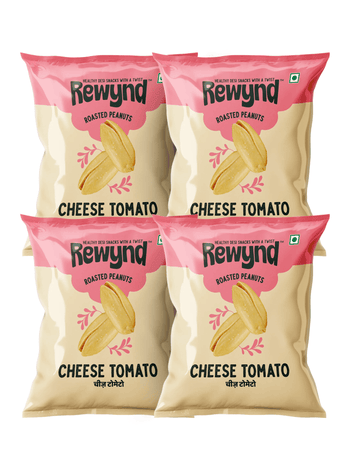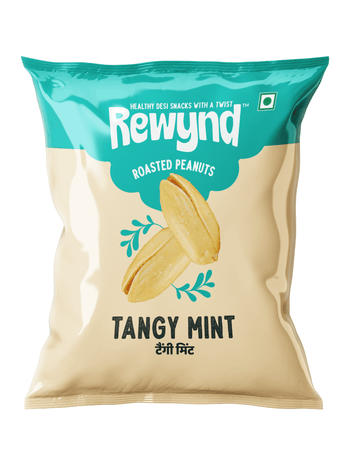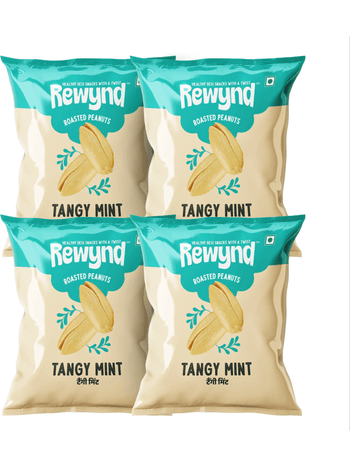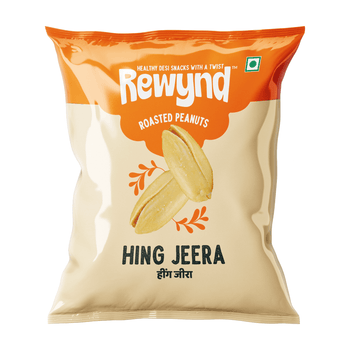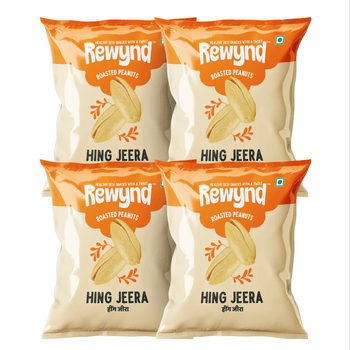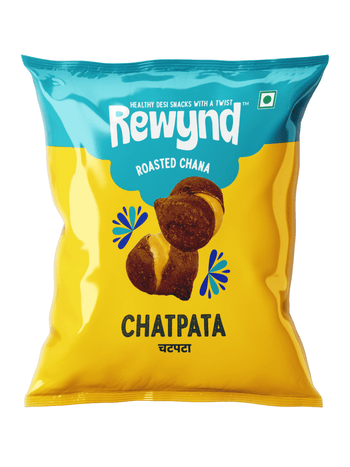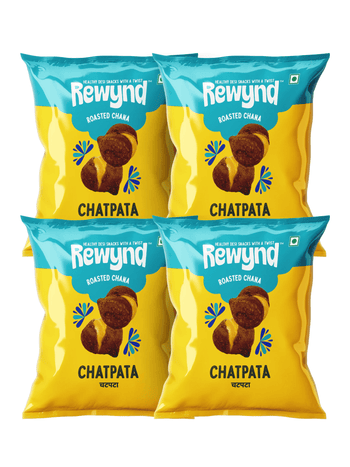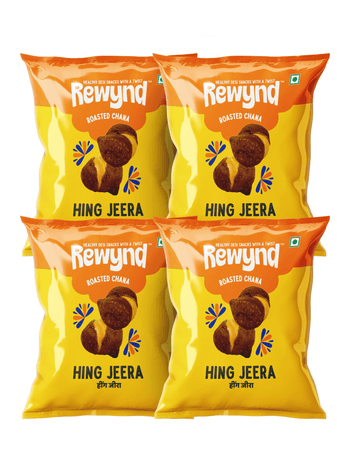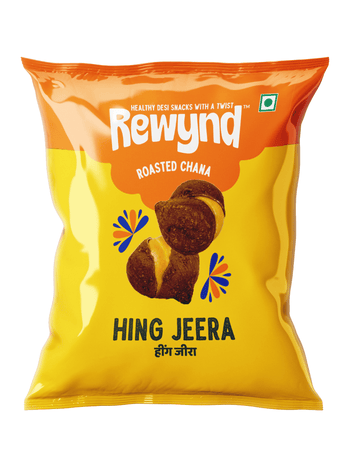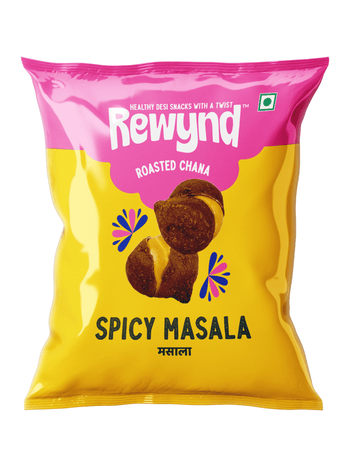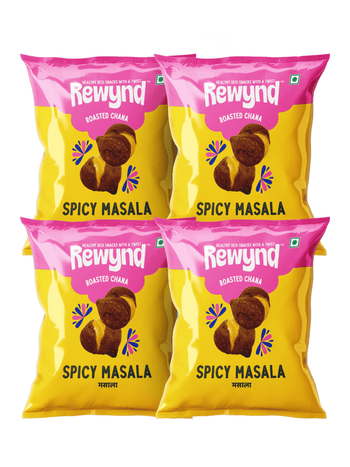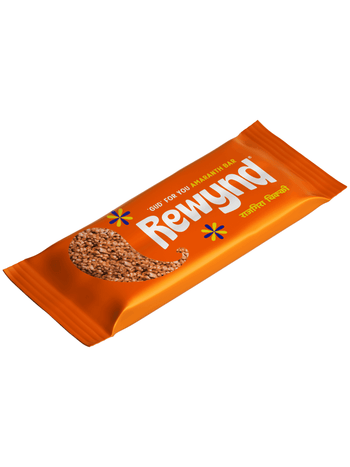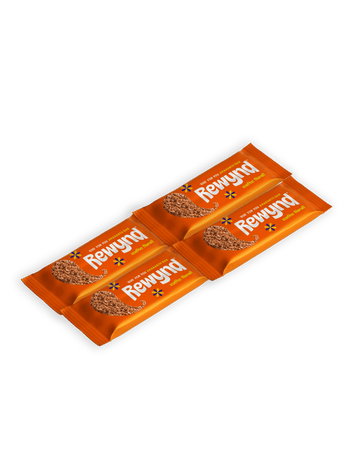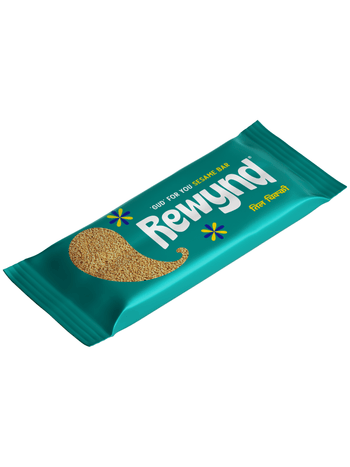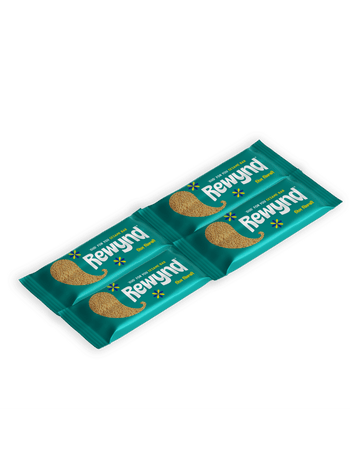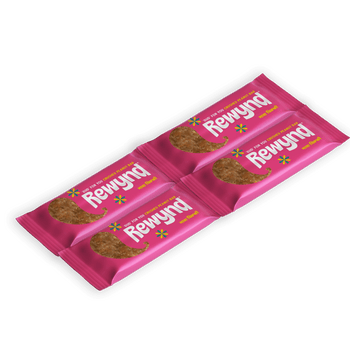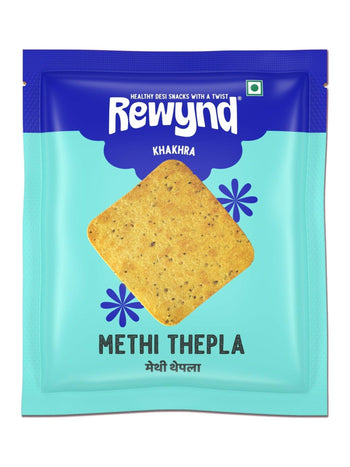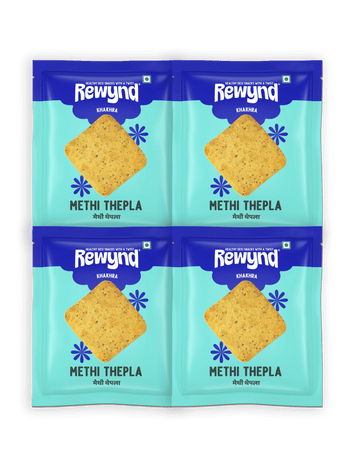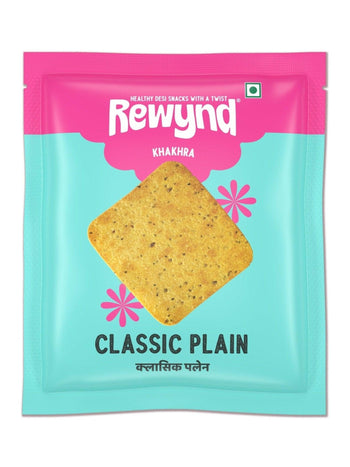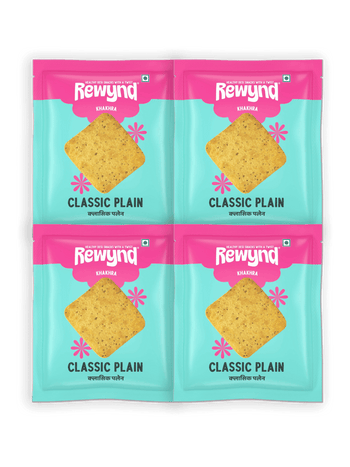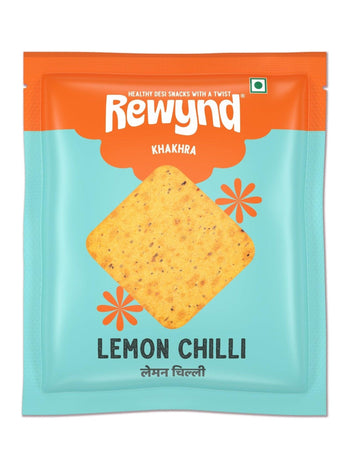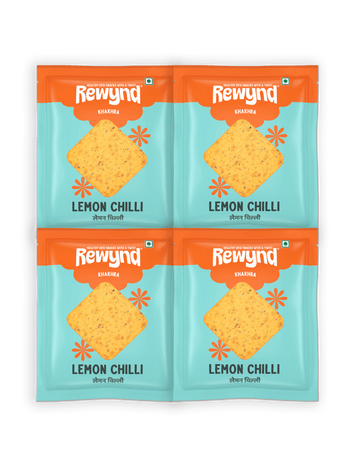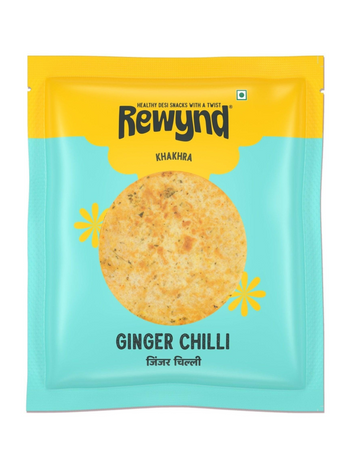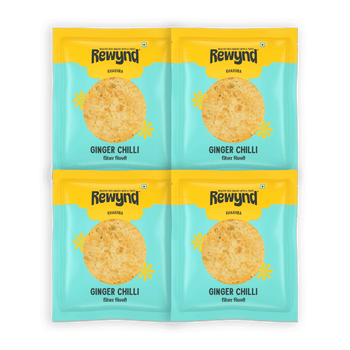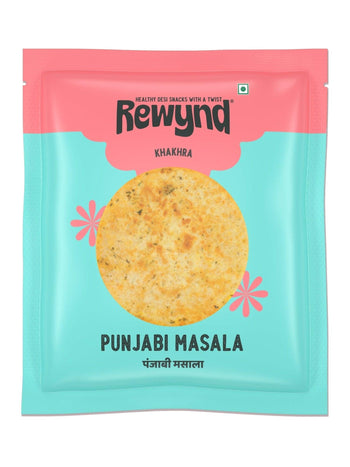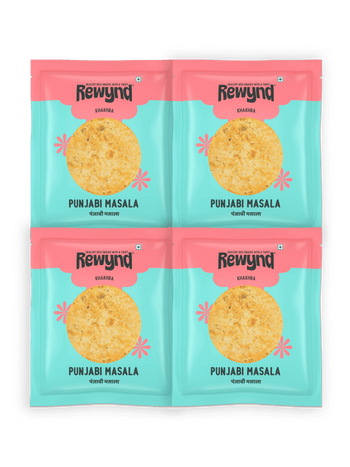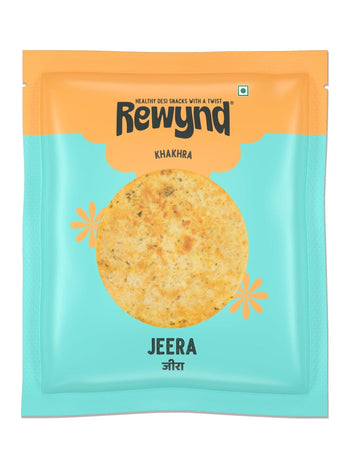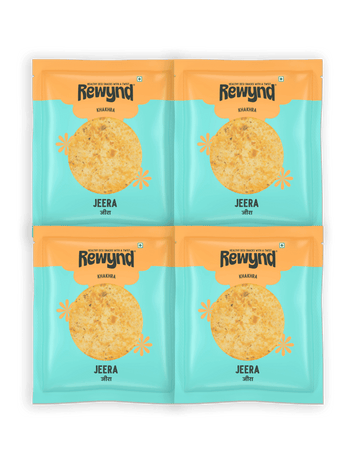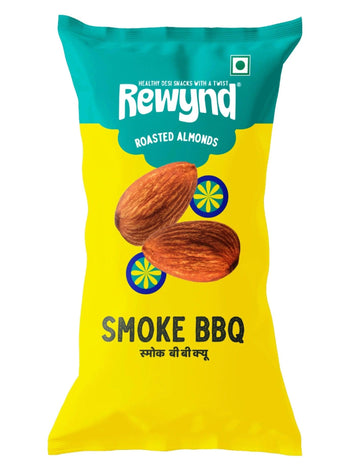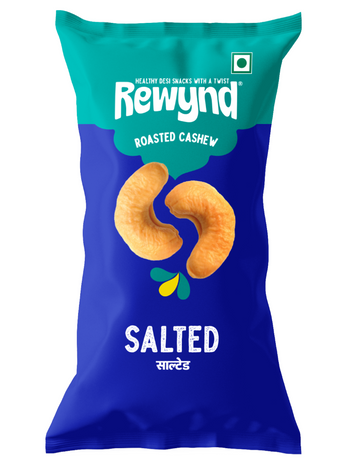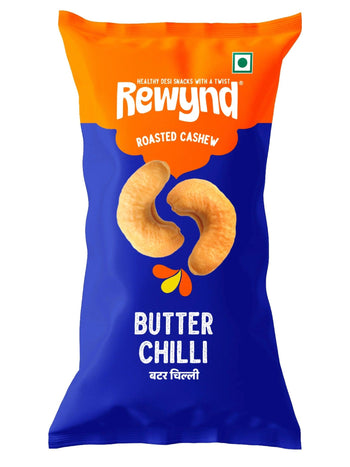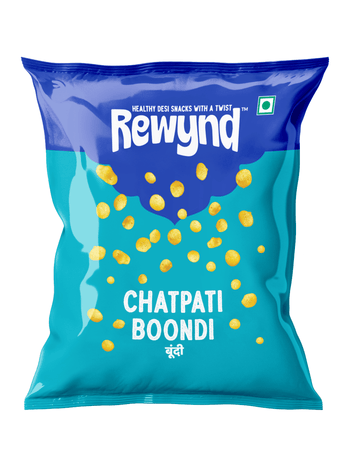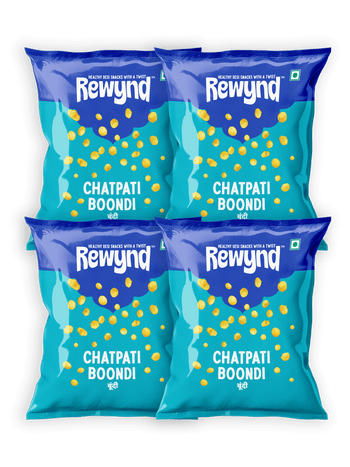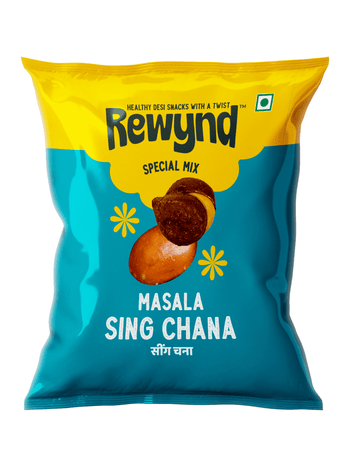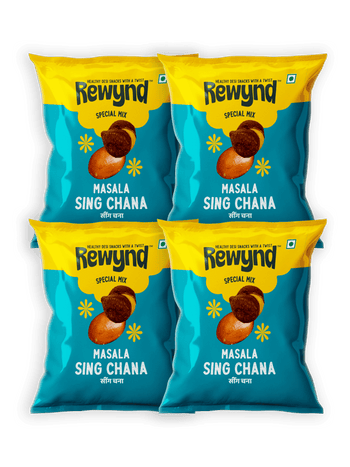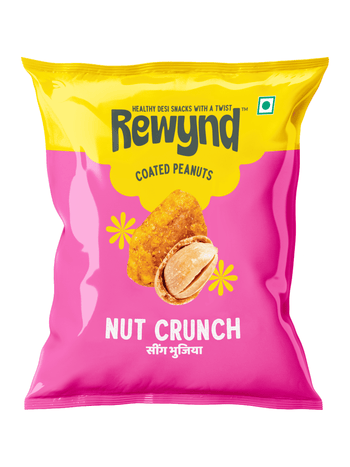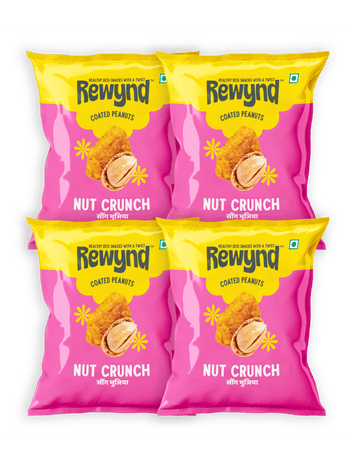Childhood cancer is a devastating reality for many families, and while medical advancements continue to improve outcomes, there is another powerful ally in the fight against this disease: nutrition. While no diet can completely prevent or cure cancer, the right nutrition can play a vital role in both reducing cancer risk and supporting the body during and after treatment. This blog explores how nutrition contributes to the prevention and treatment of childhood cancer, offering guidance to families looking to support their child’s health during these challenging times.
The Importance of Early Nutritional Support
Good nutrition starts even before birth. Emerging research suggests that a mother’s diet during pregnancy can influence her child’s risk of developing diseases, including cancer. Nutrients such as folic acid in leafy greens and peanuts are crucial for healthy fetal development. Once a child is born, continuing a diet rich in fruits, vegetables, whole grains, and lean proteins lays a strong foundation for a healthy immune system that can better protect against diseases later in life, including cancer.
Healthy eating habits formed early can contribute to a child’s long-term well-being, providing the body with the nutrients it needs to thrive. Encouraging children to eat a balanced diet supports growth and development and enhances their resilience to illnesses.
Nutritional Needs During Cancer Treatment
When a child is diagnosed with cancer, their nutritional needs shift significantly. Cancer treatments such as chemotherapy, radiation, and surgery can take a heavy toll on the body, causing side effects like nausea, vomiting, and fatigue, which can make eating a challenge. A proper diet during treatment is essential to maintaining energy levels, supporting the immune system, and helping the body recover faster.
Children often require more calories and protein during treatment to support healing and repair tissues. Foods rich in healthy fats, like nuts, and high-quality protein sources, like legumes and dairy, can help maintain strength and stamina. Hydration is also critical, as treatment can lead to dehydration. Parents must work with dietitians and healthcare providers to meet their child’s nutritional needs, even when side effects make eating difficult.
Key Nutrients for Prevention and Treatment
Certain nutrients can be vital in preventing cancer and supporting the body during treatment. Here are some key nutrients to focus on:
- Proteins are necessary for tissue repair and immune function. Foods like beans and nuts are great protein sources.
- Antioxidants: In fruits and vegetables like spinach and carrots, antioxidants help protect cells from damage and support the immune system.
- Healthy Fats: Omega-3 fatty acids in nuts and seeds can reduce inflammation and support overall health.
- Vitamins and Minerals: Vitamins like A, C, and E, along with minerals like zinc and iron, play vital roles in maintaining health and supporting recovery from cancer treatments.
Including these nutrients in your child’s diet can improve their quality of life during treatment and potentially enhance the effectiveness of medical interventions by strengthening the body’s natural defenses.
The Role of Peanuts and Other Foods in a Cancer-Fighting Diet
Peanuts and other nutrient-rich foods can be integral to a cancer-fighting diet. Peanuts are a rich source of protein and healthy fats, essential for children undergoing cancer treatment to maintain their strength and support recovery. Additionally, peanuts contain important vitamins and minerals such as vitamin E, which has antioxidant properties, and magnesium, which helps support the immune system.
Along with peanuts, a variety of other foods can be beneficial, such as:
- Leafy Greens: Rich in folate, vitamin C, and fiber.
- Whole Grains: Provide sustained energy and important B vitamins.
- Legumes: High in protein and fiber, supporting digestion and overall health.
Incorporating these foods into your child’s diet can provide the nutrients they need to maintain energy, protect healthy cells, and promote healing during their cancer journey.
Balancing Nutritional Support with Medical Treatments
While nutrition is a powerful tool in promoting health, it’s essential to recognize that it complements, rather than replaces, medical treatments. Cancer treatment plans are individualized, and each child may have different dietary restrictions or needs based on their specific condition and treatment regimen. Consulting with a dietitian specialising in pediatric oncology can help families create meal plans supporting their child’s unique needs.
By focusing on a balanced diet rich in essential nutrients, parents can help their children cope better with the effects of treatment and improve their overall quality of life. However, food should always be seen as an adjunct to, rather than a substitute for, the life-saving medical care provided by healthcare professionals.
Empowering Families with Practical Dietary Choices
For families navigating the challenges of childhood cancer, nutrition can be an empowering way to support a child’s health. Planning nutrient-dense, easy-to-digest, and appetizing meals to a child who may not always feel like eating can be difficult but rewarding. Simple strategies like preparing small, frequent meals, offering a variety of textures and flavors, and making food visually appealing can encourage better eating habits.
Involving children in food preparation, allowing them to choose ingredients, and creating a positive environment around mealtimes can also help promote better nutrition and make eating an enjoyable experience, even during tough times.
Conclusion
Nutrition plays a crucial role in both preventing and treating childhood cancer. While no food can cure cancer, the right diet can support the immune system, enhance recovery, and improve a child’s overall quality of life. Families can offer their children the best chance at thriving through this difficult journey by incorporating key nutrients, offering foods like flavoured peanuts that provide essential protein and healthy fats, and balancing nutrition with medical treatments.
Let’s not underestimate the power of food in the fight against childhood cancer—nourishing the body is one of the most impactful ways we can support the health and well-being of our little ones.



